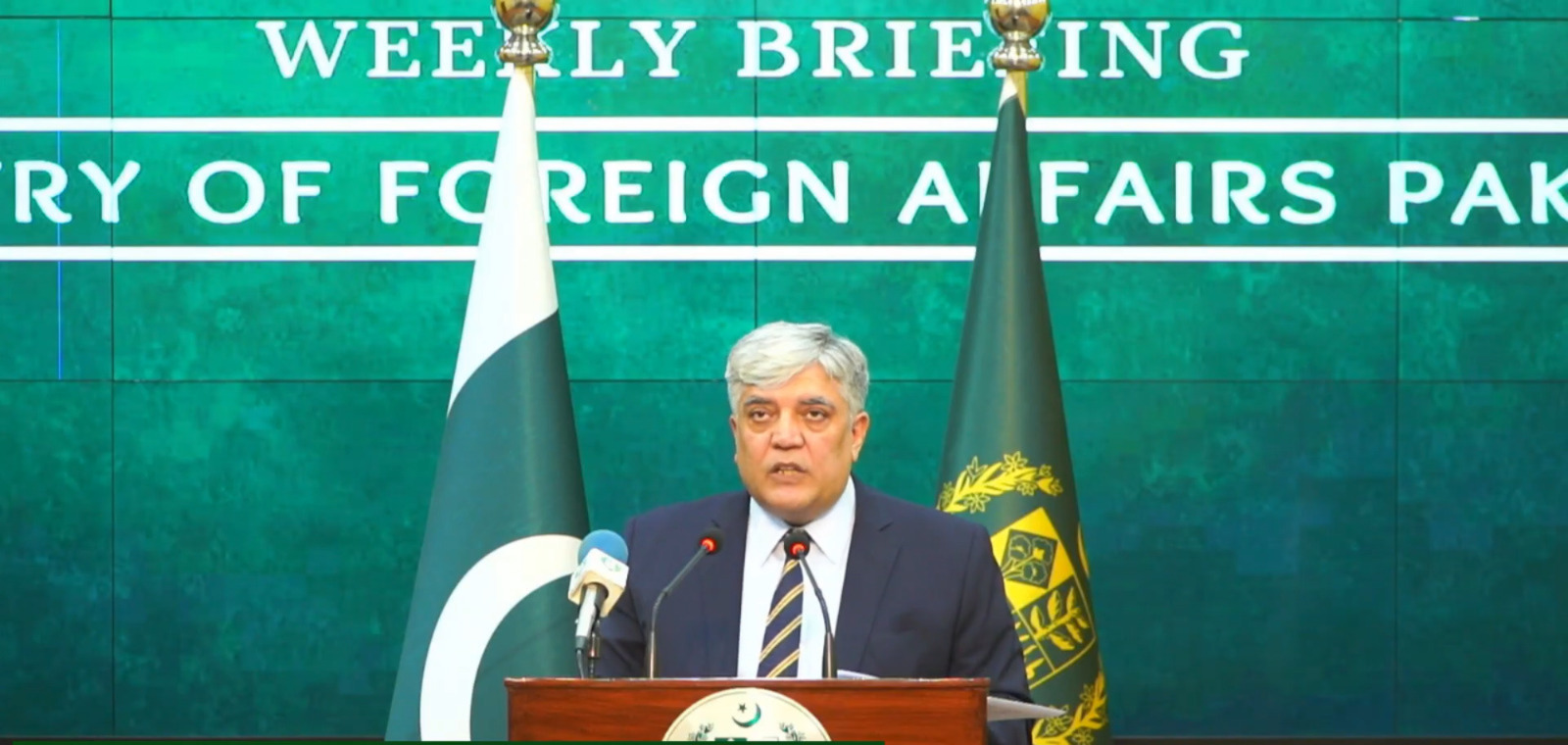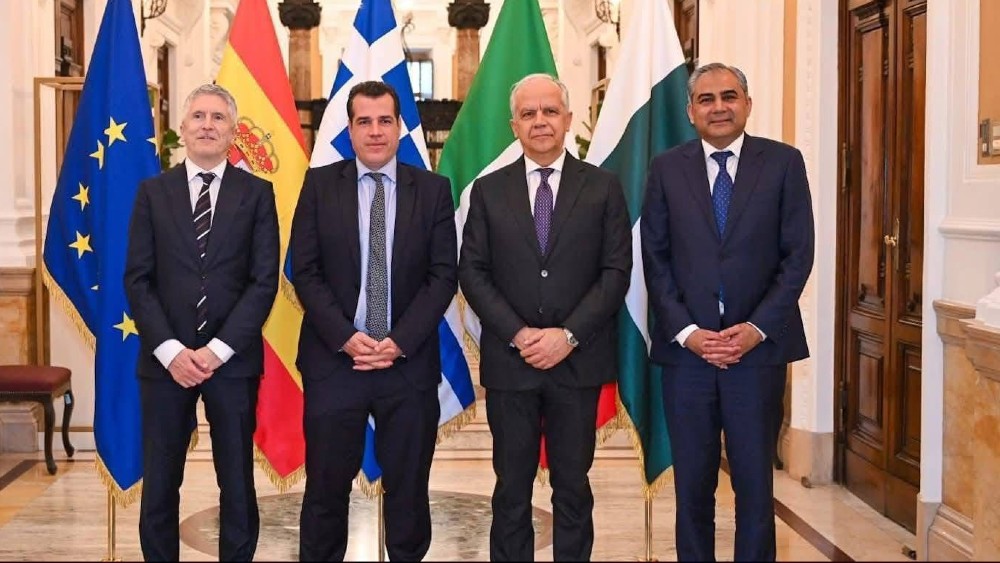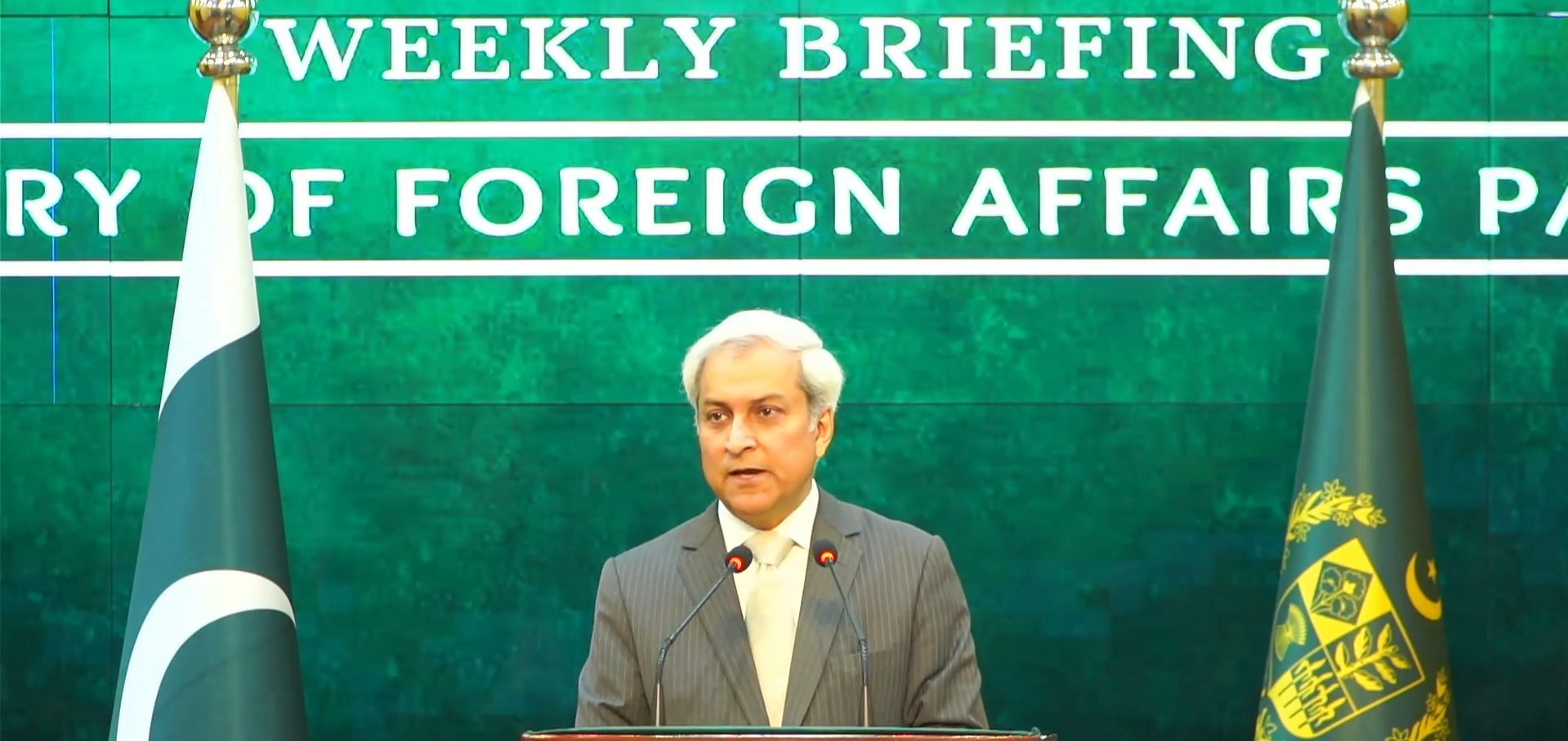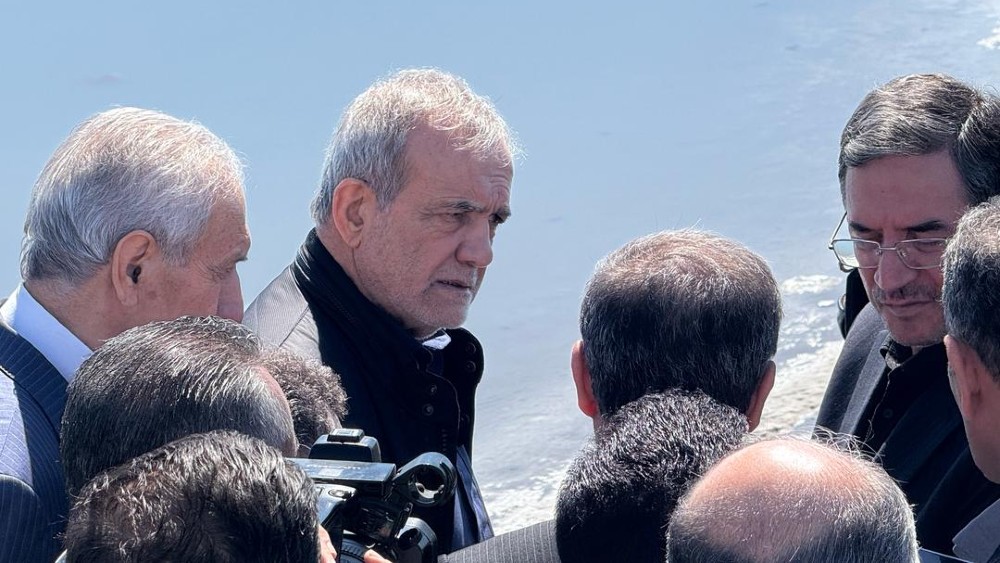ISLAMABAD: Pakistan respects Afghanistan’s sovereignty but has expressed concern over the use of Afghan territory for terrorist activities against Pakistan, the Foreign Office Spokesperson Shafqat Ali Khan said in a weekly press briefing on Friday.
He stated that while Pakistan acknowledges Afghanistan's right to determine its foreign policy, it requests that Afghan soil not be used for attacks on Pakistan.
Targeted operations against terrorists
The foreign office spokesperson stated that Pakistan was conducting targeted operations against terrorists along the border to protect its citizens. These operations are being carried out with precision based on credible intelligence as Pakistan aims to eliminate threats from militant groups like the Tehrik-i-Taliban Pakistan (TTP), which have destabilized the region.
“Pakistan believes Afghanistan must restore its sovereignty and security and eliminate terrorist groups,” Shafqat Ali Khan said.
He called for collective regional action to address the threat posed by groups like the TTP, which destabilize both countries.
Diplomatic engagement and cooperation with Afghanistan
Pakistan has always preferred dialogue and diplomacy to resolve issues, even in the face of threats.
The Pakistani spokesperson called on Afghan authorities to prevent terrorism emanating from their soil since both “Pakistan and Afghanistan share an interest in fighting terrorism and ensuring regional stability.”
Strengthening ties with Saudi Arabia
Pakistan’s relationship with Saudi Arabia has been strengthening, especially in the areas of trade and investment.
Shafqat Ali Khan spoke about the recent visit to Saudi Arabia, where both sides discussed expanding economic ties under the Pakistan-Saudi Joint Business Council.
The talks focused on increasing cooperation in trade, investment, and sectors aligned with Saudi Arabia’s Vision 2030 and Pakistan’s economic agenda. Both countries are aiming to develop partnerships in textiles, logistics, agriculture, energy, and defense.
Pakistan-Tajikistan bilateral cooperation
The Foreign Office also shared details about the sixth Pakistan-Tajikistan Political Consultation meeting held in Dushanbe on September 29-30, 2025.
The Pakistani delegation, led by Syed Ali Asif Gilani, and the Tajik delegation, led by Deputy Foreign Minister Farrukh Sharifzada, discussed trade, defense, energy, education, and cultural ties.
The two sides agreed to increase trade in textiles, logistics, agriculture, and pharmaceuticals and to speed up the $1.16 billion hydroelectricity project, CASA-1000, to improve energy and regional connectivity. Cooperation on counterterrorism and training programs was also discussed.
The next meeting will be held in Islamabad in 2026.
Quadrilateral Meeting of Special Representatives for Afghanistan
Pakistan’s Special Representative for Afghanistan, Muhammad Sadiq, represented the country at a quadrilateral meeting in Moscow with China, Iran, and Russia.
The foreign office spokesperson noted that Muhammad Sadiq also held bilateral meetings with senior officials from these countries to discuss regional cooperation and security.
US investment proposal in Pasni Port
Shafqat Ali Khan also addressed reports about a new port being developed with American investment, clarifying that the project is still in the early stages.
“Discussions on these proposals are in the initial stage,” he said, adding that no official policy or initiative has been set by the Pakistani government.
Pakistan’s foreign policy
The Pakistani spokesperson stated that Pakistan’s foreign policy was based on mutual respect and non-alignment in global politics.
“Pakistan’s priority is economic stability and national security. We do not want to be part of any bloc politics,” he said.





.jpg)
